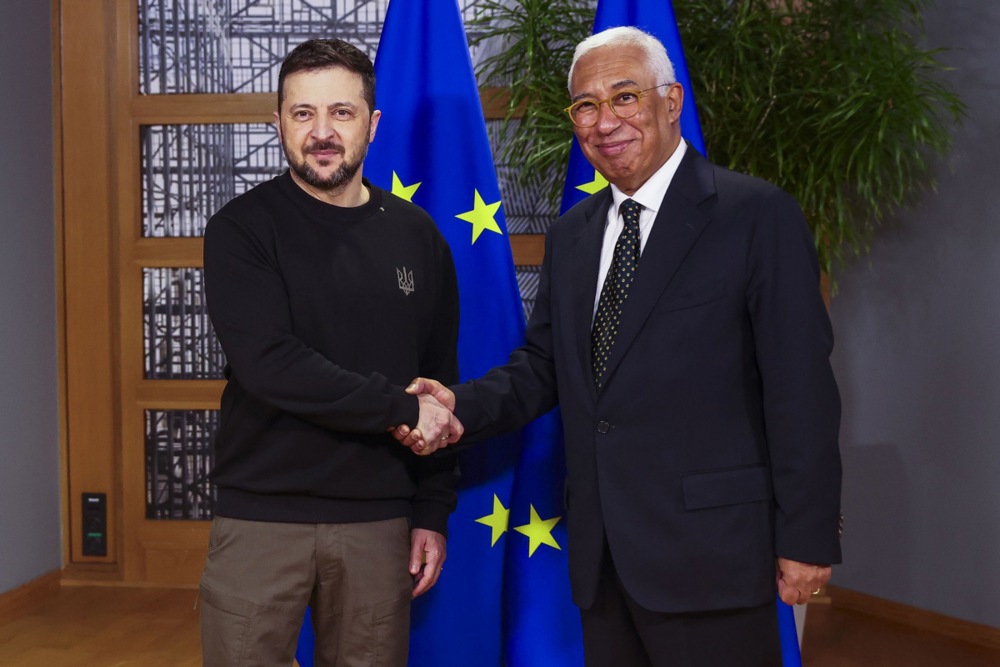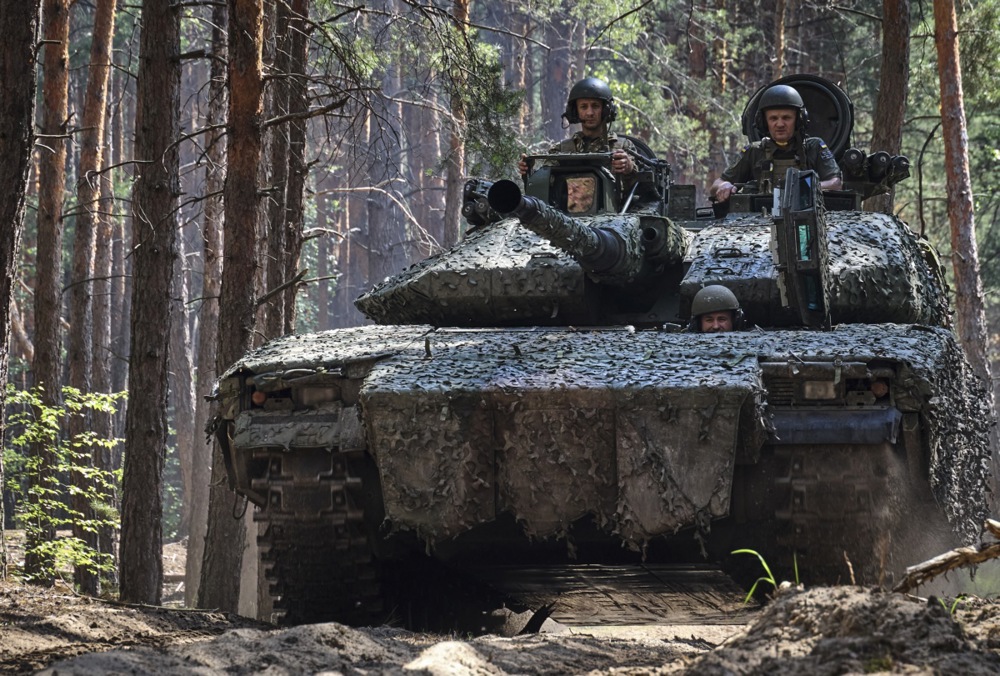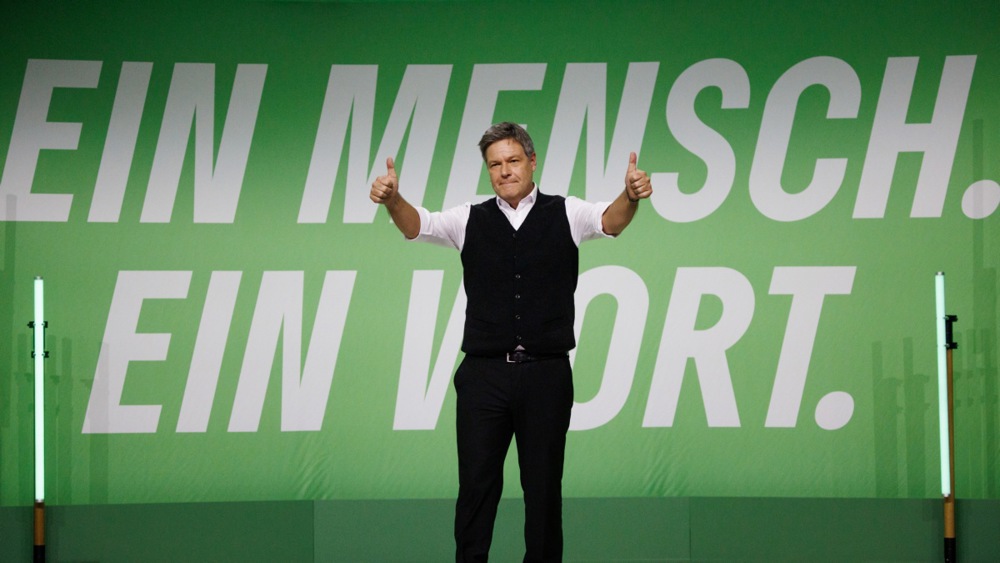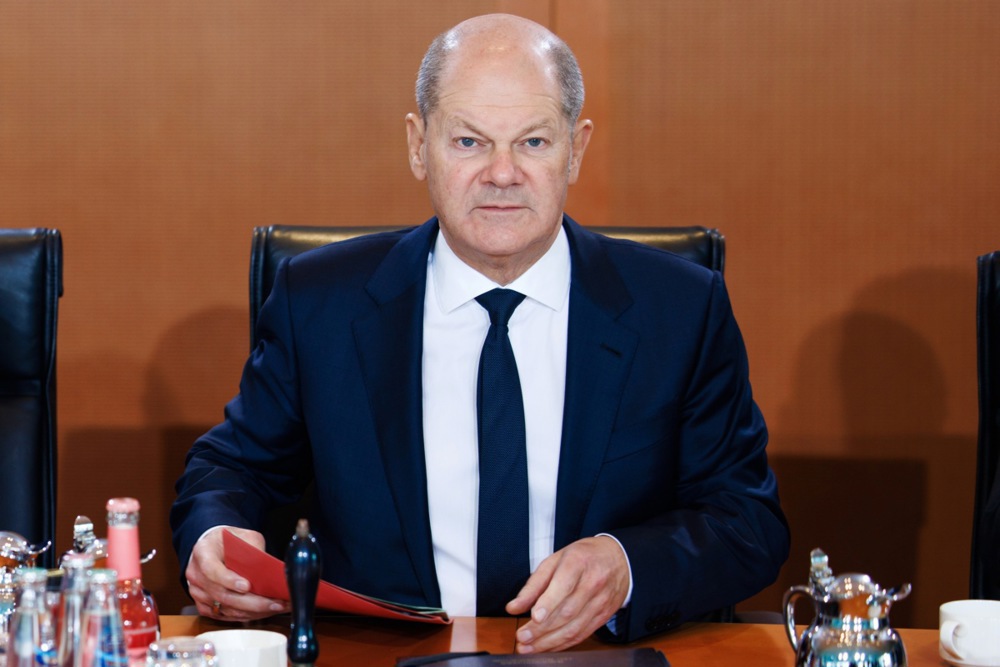German defence minister Boris Pistorius has suggested sending troops to Ukraine if a demilitarised zone was established.
In an interview with Süddeutsche Zeitung on January 17, he also floated the idea of increasing Germany’s defence budget to 3 per cent of GDP, emphasising the need to strengthen European security.
Berlin currently allocates approximately 1.7 per cent of its GDP to defence, a notable increase compared to previous years.
That is nearer NATO’s call for 2 per cent of member nation’s GDP and has to a large extent reflected the impact of the war in Ukraine.
In addition, Germany has launched a special €100 billion fund to modernise its military capabilities.
That is earmarked for advanced air defence systems, submarines, armoured vehicles and cutting-edge military technologies.
Pistorius’ remarks came after his recent visit to Ukraine, where he assessed Kyiv’s armed forces firsthand.
“Despite three years of war, Ukraine defends itself with courage and leads in technological innovation. Digitised public services and advances in drone production show that Ukraine can be a model even for Europe,” he stated at the time.
The minister warned of ensuring long-term stability to prevent further Russian aggression. “The key is establishing security measures that endure beyond a mere ceasefire,” he emphasised.

Pistorius stressed that the €100 billion special fund was the beginning of a broader effort.
“In the coming years, we must consider spending more than 3 per cent of GDP on defence. This is not only about meeting NATO requirements but also ensuring our security and that of Europe,” he said.
The minister highlighted the importance of long-term strategic planning beyond political cycles. “We need a 10-year plan focused on key capabilities such as submarines, frigates, air defence systems, artificial intelligence and drones. These investments will impact our security, industry, and economy,” he added.
Regarding military service, Pistorius reflected on the 2011 suspension of conscription, calling it a mistake. He ruled out a return to the traditional model, though, due to current infrastructure and resource constraints.
“Reinstating the Wehrpflicht [conscription] for 600,000 young people annually is unfeasible. Instead, we need a skills and reserve registration system that enables Germany to respond swiftly in a crisis,” he said.
Regarding the election of Donald Trump as US President, Pistorius was optimistic: “The US nuclear umbrella remains indispensable for our security.
“The Americans understand that our alliance is mutually beneficial politically and economically.”
Energy policy has figured highly in Germany’s February 23 elections, the country’s first since Berlin severed ties with Russia, its long-time gas supplier. https://t.co/7kcFOirAl6
— Brussels Signal (@brusselssignal) January 16, 2025





